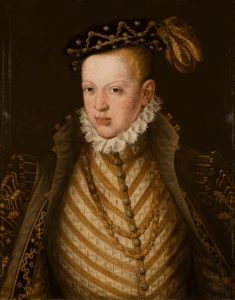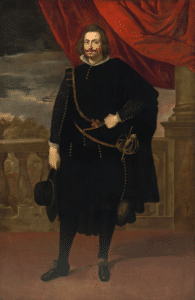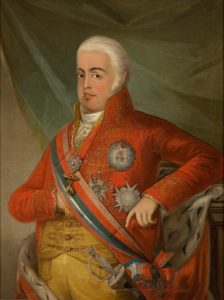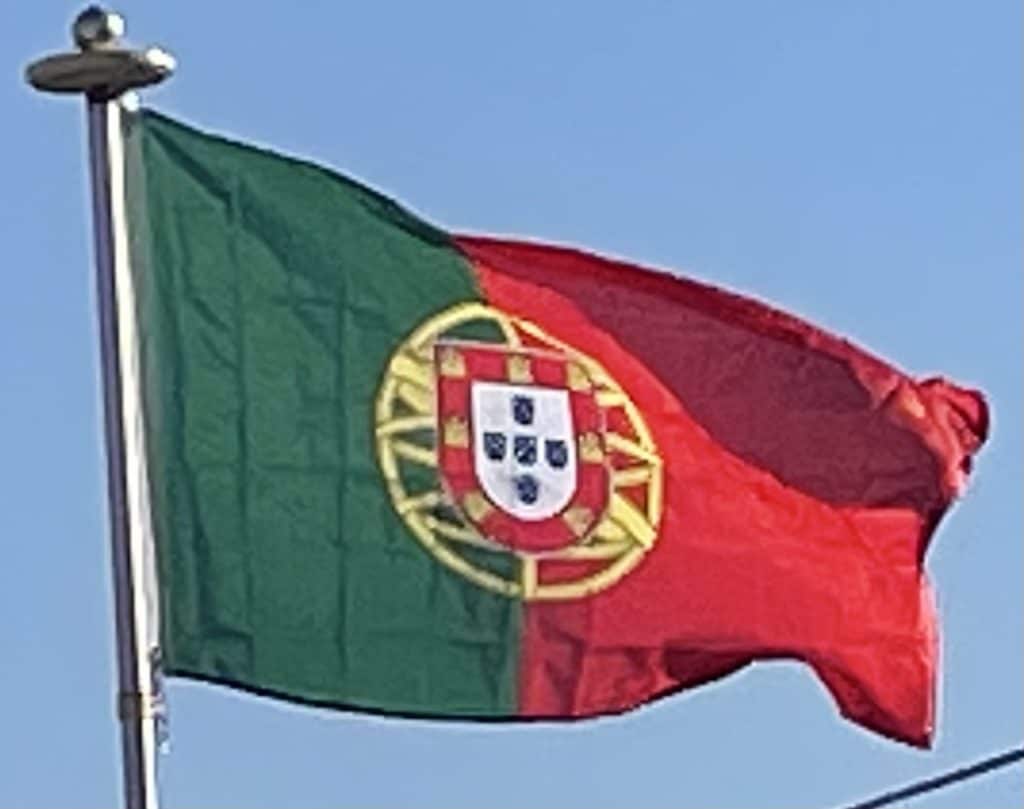All these factors made Portugal one of the world’s major economic, military, and political powers from the 15th century until the late 16th century.
Iberian Union, Restoration and Early Brigantine Era:
Portugal voluntarily entered a dynastic union between 1580 and 1640. This occurred because the last two kings of the House of Aviz – King Sebastian, who died in the battle of Alcácer Quibir in Morocco, and his great-uncle and successor, King-Cardinal Henry of Portugal – both died without heirs, resulting in the Portuguese succession crisis of 1580.

Subsequently, Philip II of Spain claimed the throne and was accepted as Philip I of Portugal. Portugal did not lose its formal independence, briefly forming a union of kingdoms. The joining of the two crowns deprived Portugal of an independent foreign policy and led to its involvement in the Eighty Years’ War between Spain and the Netherlands.
War led to a deterioration of the relations with Portugal’s oldest ally, England, and the loss of Hormuz, a strategic trading post located between Iran and Oman. From 1595 to 1663 the Dutch-Portuguese War primarily involved the Dutch companies invading many Portuguese colonies and commercial interests in Brazil, Africa, India and the Far East, resulting in the loss of the Portuguese Indian sea trade monopoly.

In 1640, John IV of Portugal spearheaded an uprising backed by disgruntled nobles and was proclaimed king. The Portuguese Restoration War ended the sixty-year period of the Iberian Union under the House of Habsburg. This was the beginning of the House of Braganza, which reigned in Portugal until 1910.
Napoleonic Era:
In the autumn of 1807, Napoleon moved French troops through Spain to invade Portugal. From 1807 to 1811, British-Portuguese forces would successfully fight against the French invasion of Portugal in the Peninsular War, during which the royal family and the Portuguese nobility, including Maria I, relocated to the Portuguese territory of Brazil, at that time a colony of the Portuguese Empire, in South America. This episode is known as the Transfer of the Portuguese Court to Brazil.

In 1807, as Napoleon’s army closed in on Lisbon, João VI of Portugal, the Prince Regent, transferred his court to Brazil and established Rio de Janeiro as the capital of the Portuguese Empire. In 1815, Brazil was declared a Kingdom and the Kingdom of Portugal was united with it, forming a pluricontinental state, the United Kingdom of Portugal, Brazil and the Algarves.
As a result of the change in its status and the arrival of the Portuguese royal family, Brazilian administrative, civic, economical, military, educational, and scientific apparatus were expanded and highly modernized. Portuguese and their allied British troops fought against the French Invasion of Portugal and by 1815 the situation in Europe had cooled down sufficiently that João VI would have been able to return safely to Lisbon. However, the King of Portugal remained in Brazil until the Liberal Revolution of 1820, which started in Porto, demanded his return to Lisbon in 1821.
